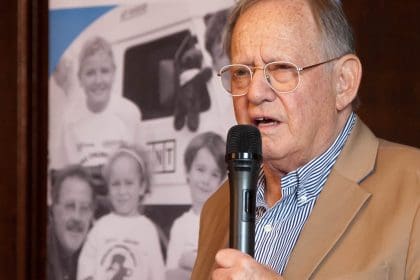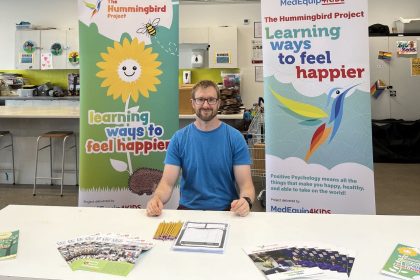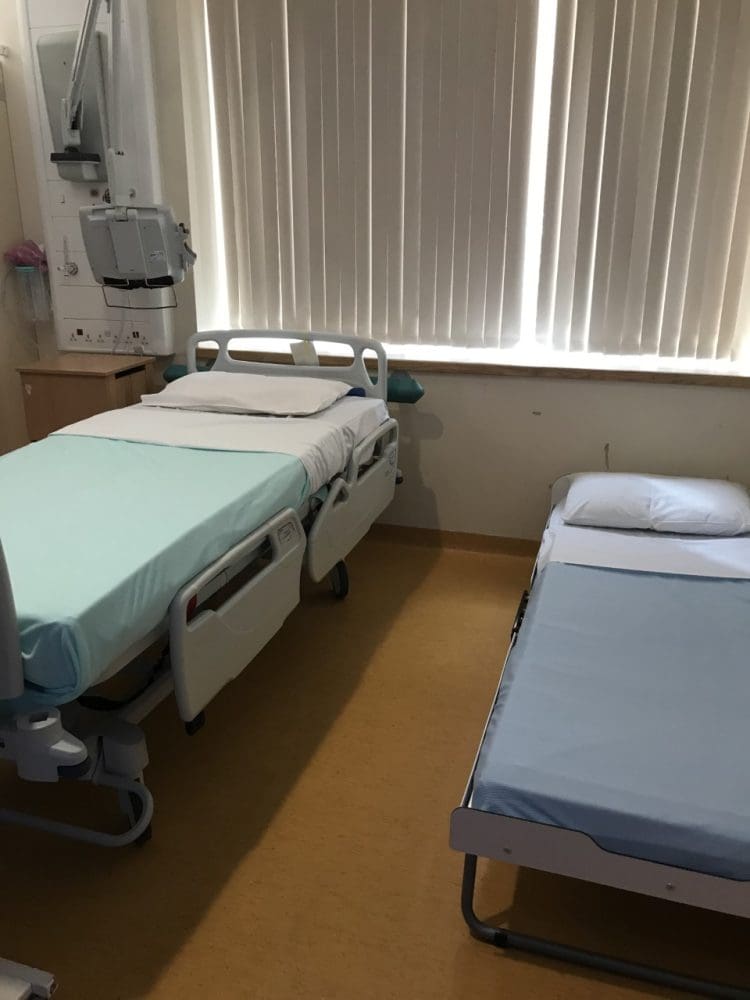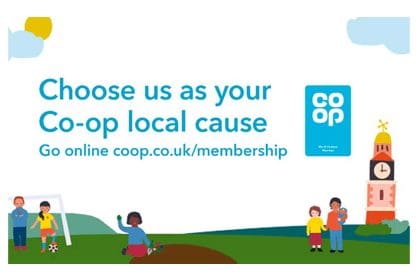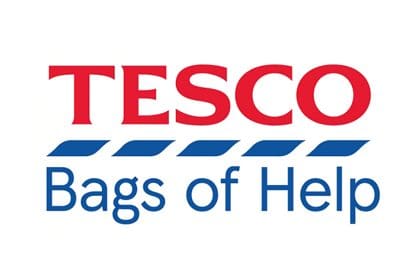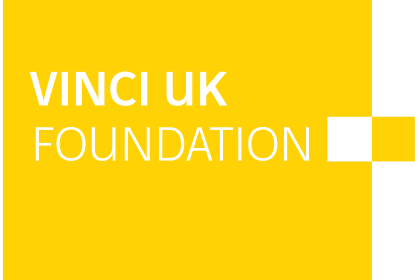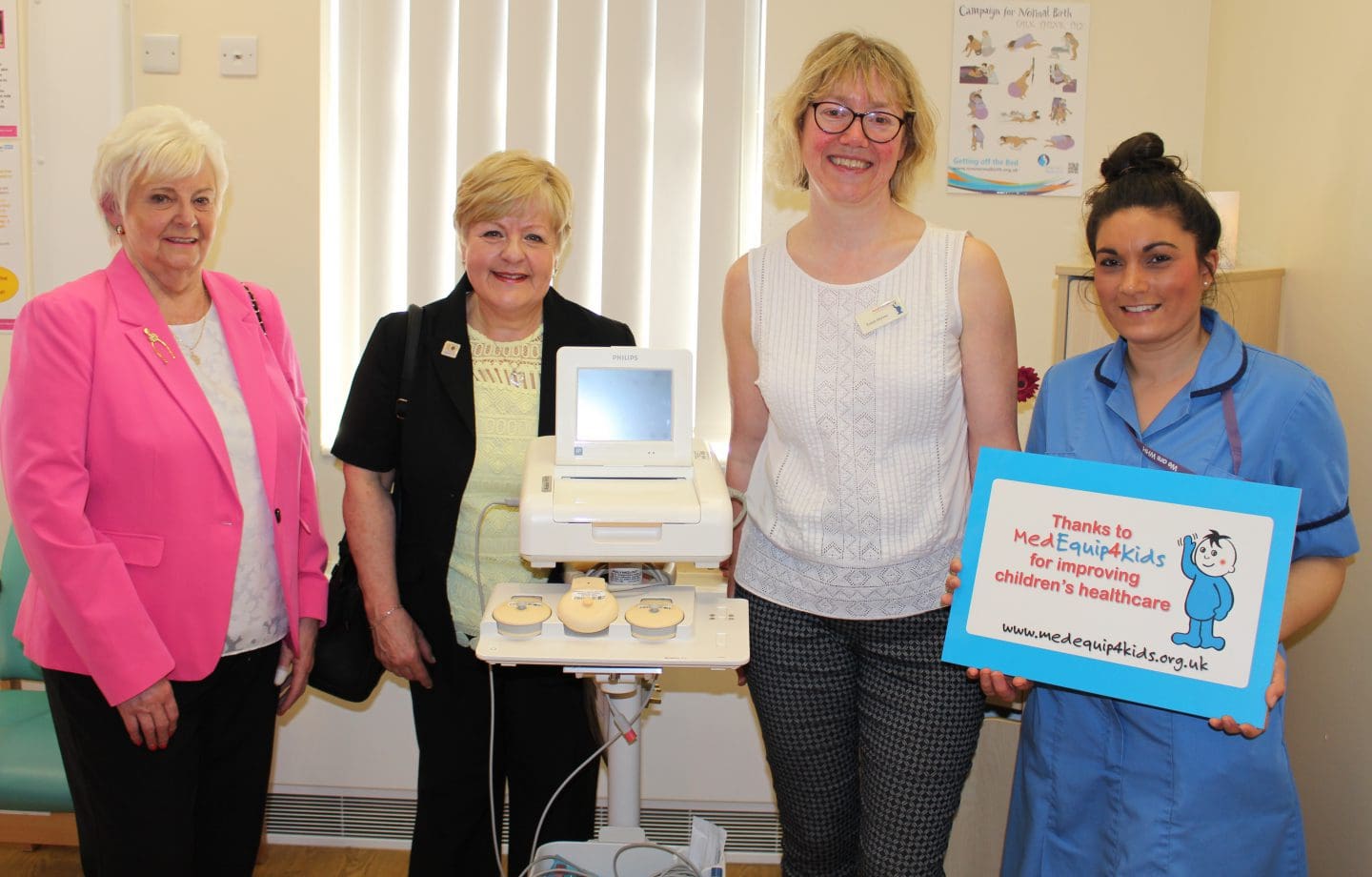
A presentation was held in the Delivery Suite at Warrington Hospital to celebrate a donation from MedEquip4Kids of two new pieces of equipment which will support the natural experience of childbirth for both mother and baby.
The mobile telemetry unit allows remote continuous monitoring of a baby’s heart rate, enabling the mother to move around freely during labour and use the birthing pool if desired. Keeping mobile in labour can reduce the perception of pain and can aid the physiological process of labour and birth.
 The Lifestart Resuscitaire provides warmth and oxygen to newborn babies who need extra help after birth. This mobile unit is small enough to be used at the bedside, allowing the baby to continue receiving additional blood and oxygen from the mother, which is extremely beneficial. Christine McDermott and Miriam Holden from Warrington Lions Club and local supporters Mike Jackson and David Horner from Goodeyedeers attended the presentation, where consultant midwife Louise Tucker explained the benefits of the new equipment.
The Lifestart Resuscitaire provides warmth and oxygen to newborn babies who need extra help after birth. This mobile unit is small enough to be used at the bedside, allowing the baby to continue receiving additional blood and oxygen from the mother, which is extremely beneficial. Christine McDermott and Miriam Holden from Warrington Lions Club and local supporters Mike Jackson and David Horner from Goodeyedeers attended the presentation, where consultant midwife Louise Tucker explained the benefits of the new equipment.
Louise said: “This equipment will make a massive difference to the women giving birth at Warrington and we would like to thank MedEquip4Kids for raising the funds to enable us to provide this equipment. The telemetry unit will offer increased choices for women who have complicated pregnancies, including the use of water birth. The Lifestart Resuscitaire will enable babies who require resuscitation at birth to continue to receive delayed cord clamping, giving them all the health benefits this brings.”
Evelyn Glarvey, Project Coordinator at MedEquip4Kids, said: “We would like to thank the Hick Charitable Trust, The Poynton Foundation, Warrington Lions Club and Lymm Round Table for generously helping to fund this project, which supports mothers and babies at the time of birth.”


